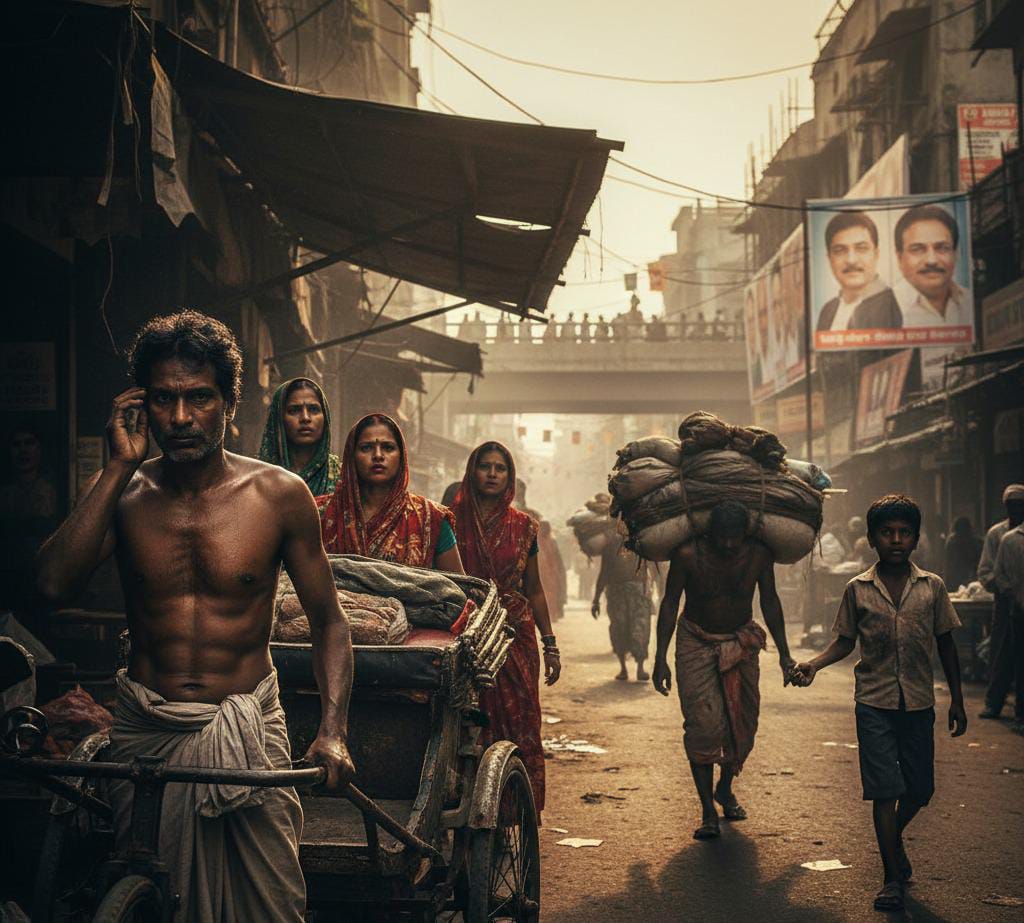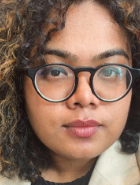Knowledge Poem by AISWARYA THARA BHAI ANISH
Knowledge
I don't know whose knowledge it is
That you fear.
Is it ours?
That we know you loot our fields
And burn our bodies
That you churn our children
Out of their bad childhoods
That they go to bed with nothing but
unfulfilled dreams and moonlight
Sitting like hunger in their stomachs
Do you fear that we may know?
The rickshaw-pullers at Colaba,
The red-lipped women at Kamathipura
The head-load workers in Madurai
The beggars in Mayoor Vihar
Tea-sellers in Hosur Road
Do you fear
That the hunger may be getting to us
That our spittle is a burnt black
When we cough,
tributaries burst in our eyes
Or is it your own knowledge you fear?
That you have killed our men
We've lost so many sons to your folly.
But every five years,
You bring your proletariat to the maidaan
You fly your friends from their chilled
Rooms, take them for a tour through
Our living rooms.
Talks about giving us toilets
Tells us we need to have lesser children
To educate our girls,
They will no longer be burnt
You say just five more years
Everything you have promised, you'll give.
Is it our knowledge that you fear?
Or yours,
That you haven't done enough.
Is that why you have penetrated our cities,
And shaken us all?
Is it fear of us knowing your folly
That you fear us all?
Is it?

This poem has not been translated into any other language yet.
I would like to translate this poem